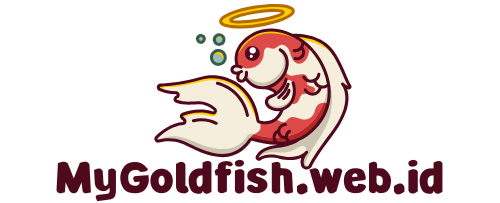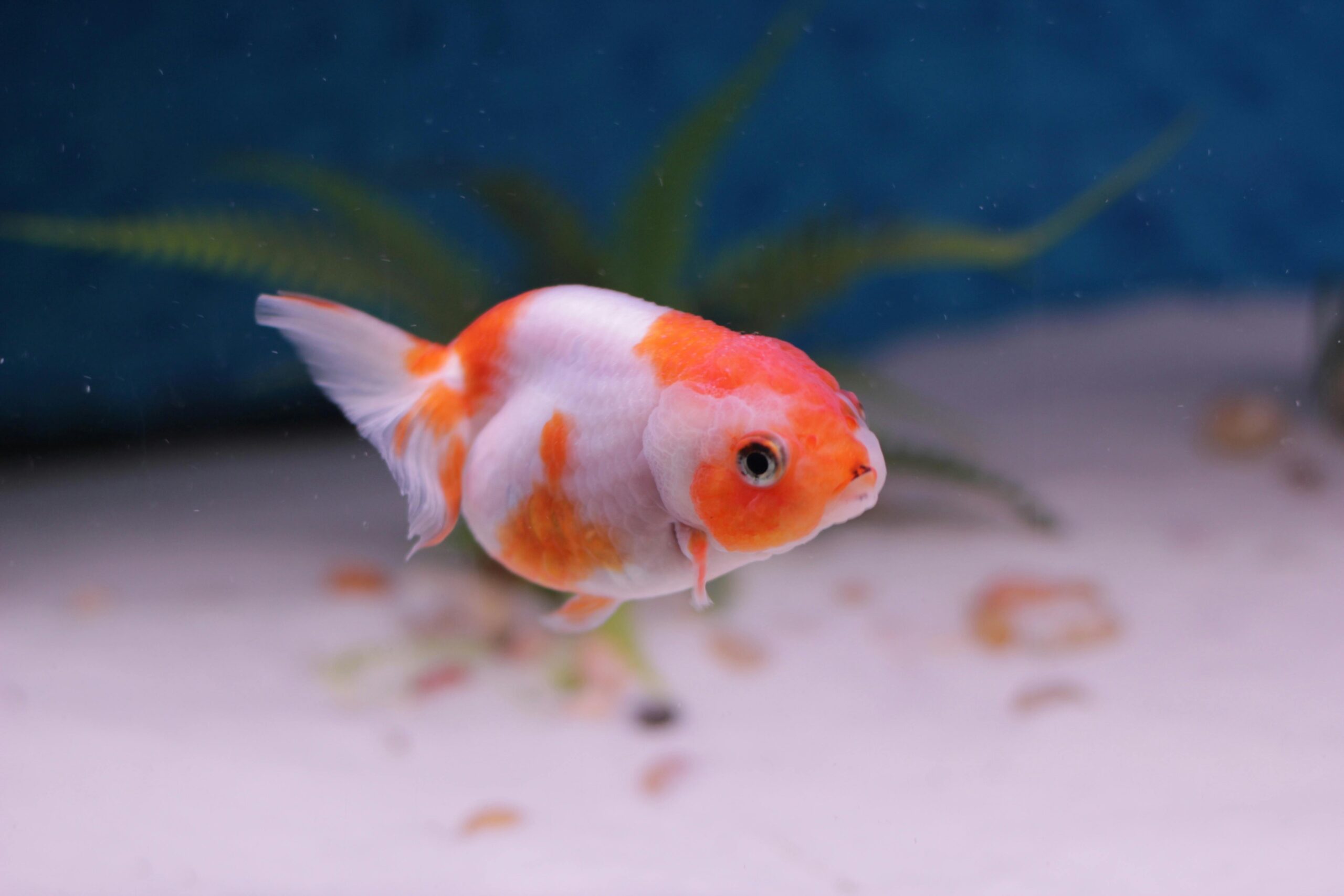Goldfish are delightful aquatic pets that require proper care and attention to thrive. One crucial aspect of their well-being is their dietary needs. Understanding what to feed your goldfish is essential to ensure their optimal health and longevity. In this comprehensive guide, we will delve into the nutritional secrets that will help you provide the best diet for your goldfish. Whether you’re a seasoned goldfish owner or a beginner, this article will equip you with valuable insights into meeting your goldfish’s dietary requirements.
The Importance of a Well-Balanced Diet
Just like any living creature, goldfish need a well-balanced diet to stay healthy and vibrant. A proper diet not only helps them grow but also strengthens their immune system, enhances their colors, and boosts their overall vitality. Feeding your goldfish a variety of nutritious foods ensures they receive essential vitamins, minerals, and proteins necessary for their well-being.
Protein-Rich Foods
Protein is a crucial component of a goldfish’s diet as it supports growth and development. Opt for high-quality fish foods that specifically mention protein sources like shrimp, worms, or brine shrimp. Frozen or freeze-dried options are also excellent choices, providing a good source of protein while minimizing the risk of transmitting diseases.
Vegetables and Plant Matter
While protein is important, goldfish are omnivores and also require a significant portion of their diet to consist of plant matter. Leafy greens such as lettuce, spinach, and kale are excellent options. You can also try blanched vegetables like peas, cucumber, or zucchini. These provide essential fiber and contribute to a well-rounded diet.
Avoid Overfeeding
Overfeeding is a common mistake that can lead to various health issues in goldfish. It’s crucial to feed them the right amount of food based on their size and age. Goldfish have small stomachs and can easily become bloated or constipated if given excess food. A general rule of thumb is to feed them small portions a few times a day, ensuring they consume everything within a couple of minutes.
Understanding Goldfish Nutritional Requirements
Goldfish have specific nutritional needs that vary based on their age, size, and breed. It’s essential to understand these requirements to provide them with the most appropriate diet. Here are a few key factors to consider:
Protein to Fat Ratio
Goldfish require a higher protein to fat ratio in their diet, especially during their early growth stages. Look for fish foods that offer a balanced ratio to support their development. However, as they reach adulthood, it’s important to adjust their diet to maintain a healthier balance between protein and fat.
Vitamins and Minerals
Vitamins and minerals play a crucial role in a goldfish’s overall health. Ensure their diet includes essential vitamins like Vitamin C, which boosts their immune system and helps prevent diseases. Additionally, minerals like calcium and phosphorus promote bone development and maintain proper organ function.
Digestibility
Goldfish have a relatively short digestive tract, making it important to choose easily digestible foods. This helps prevent digestive issues and maximizes nutrient absorption. High-quality fish foods that are specifically formulated for goldfish are generally more digestible, reducing the risk of indigestion or bloating.
Supplements and Treats
While commercial fish foods generally provide a well-rounded diet, you can also supplement your goldfish’s meals with treats and occasional live or frozen foods. Treats like bloodworms or daphnia can add variety to their diet and provide additional nutrients. However, moderation is key to prevent overfeeding and maintain a balanced nutritional intake.
Feeding Tips and Best Practices
Feeding your goldfish correctly goes beyond just providing the right food. Here are some additional tips and best practices to ensure their dietary needs are met:
Consistency and Routine
Establishing a consistent feeding routine is beneficial for your goldfish. Stick to a regular schedule and feed them at the same times each day. This helps prevent overfeeding and allows their digestive system to adjust to a routine, promoting better digestion.
Monitor Feeding Behavior
Observe your goldfish during feeding time to ensure they are eating properly. If you notice any changes in appetite or unusual behavior, it could be a sign of an underlying health issue. Adjust the feeding amount accordingly or consult a veterinarian if needed.
Quality Water Conditions
Maintaining clean and well-filtered water is crucial for your goldfish’s overall health, including their digestion. Poor water quality can lead to stress and affect their appetite, resulting in potential dietary issues. Regularly monitor water parameters and perform necessary water changes to provide a suitable environment for your goldfish.
Variety and Rotation
Offering a variety of foods ensures your goldfish receives a well-rounded diet. Rotate between different high-quality fish foods, pellets, and flakes to provide a diverse nutritional profile. This helps prevent monotony and encourages natural foraging behavior.
Avoid Overcrowding
Goldfish require adequate space to swim and feed comfortably. Avoid overcrowding the tank, as competition for food can lead to stress and malnourishment. Provide a spacious tank with appropriate filtration and consider the number of goldfish you keep to maintain a healthy environment.
Common Feeding Mistakes to Avoid
While it’s important to know what to do when it comes to feeding your goldfish, it’s equally crucial to be aware of common feeding mistakes to avoid. Here are some pitfalls to steer clear of:
Overfeeding
Overfeeding is one of the most common mistakes goldfish owners make. Remember, goldfish have small stomachs, and excess food can lead to digestive issues and water quality problems. Stick to the recommended portion sizes and avoid the temptation to overfeed.
Feeding Inappropriate Foods
Not all foods are suitable for goldfish. Avoid feeding them human food, processed snacks, or foods that are high in salt, sugar, or spices. These can be harmful to their health and lead to complications. Stick to specially formulated fish foods that meet their nutritional needs.
Neglecting Fresh Foods
While commercial fish foods provide essential nutrients, fresh foods should also be incorporated into their diet. Neglecting fresh vegetables and live or frozen foods can deprive your goldfish of important vitamins and minerals. Remember to offer a balance of both commercial and fresh foods.
Ignoring Water Temperature
Goldfish are cold-water fish, and their metabolism slows down in colder temperatures. Adjust their feeding accordingly during colder months to prevent overfeeding. As the water temperature drops, their digestion becomes slower, and they require less food to maintain their health.
Skipping Regular Maintenance
Proper tank maintenance is essential for the overall well-being of your goldfish. Neglecting regular water changes, filter cleanings, and tank cleanings can lead to poor water quality, affecting your goldfish’s appetite and health. Maintain a clean and healthy environment to support their dietary needs.
Consulting a Vet for Special Dietary Needs
In certain situations, your goldfish may have special dietary needs that require professional guidance. Here’s when it’s important to consult a veterinarian:
Health Issues or Lack of Appetite
If your goldfish is experiencing health issues or a sudden lack of appetite, it could be a sign of an underlying problem. A veterinarian can help diagnose the issue and provide appropriate dietary recommendations to aid in their recovery.
Dietary Allergies or Sensitivities
Just like humans, goldfish can develop allergies or sensitivities to certain foods. If you notice any adverse reactions or unusual behavior after feeding, it’s crucial to consult a vet. They can help identify the cause and suggest suitable alternatives.
Dietary Adjustments for Breeding or Aging
During breeding or as goldfish age, their dietary needs may change. Consulting a veterinarian can help ensure they receive the right balance of nutrients during these specific life stages. They can guide you in adjusting the diet to support breeding or address the changing nutritional requirements of aging goldfish.
Prescription or Medication Needs
Goldfish with certain medical conditions may require prescription diets or medications. A veterinarian can prescribe appropriate foods or supplements to support their specific health needs. They will provide instructions on how to incorporate these specialized diets into your goldfish’s feeding routine.
Remember, your goldfish’s dietary needs may evolve over time, and seeking professional advice can help ensure their health and well-being. A veterinarian with experience in aquatic animals will be able to provide the best guidance tailored to your goldfish’s specific requirements.
In conclusion, providing a well-balanced diet is essential for the health and vitality of your goldfish. Understanding their nutritional requirements, offering a variety of protein-rich foods, vegetables, and plant matter, and avoiding overfeeding are key aspects of proper goldfish nutrition. Additionally, maintaining water quality, establishing a feeding routine, and avoiding common feeding mistakes contribute to their overall well-being.
Remember to consult a veterinarian if you have any concerns about your goldfish’s dietary needs, especially in cases of health issues, allergies, breeding, or aging. Their expertise will ensure your goldfish receives the best possible care and diet tailored to their specific requirements.
By following these guidelines and providing a nutritious and well-rounded diet, you can ensure that your goldfish thrives and enjoys a long, healthy life. Happy feeding!

